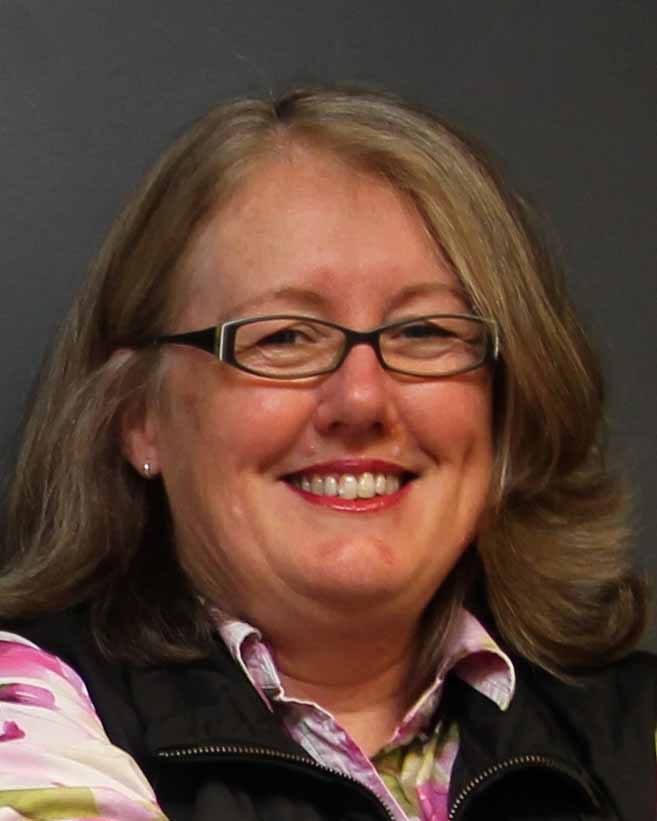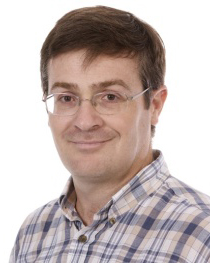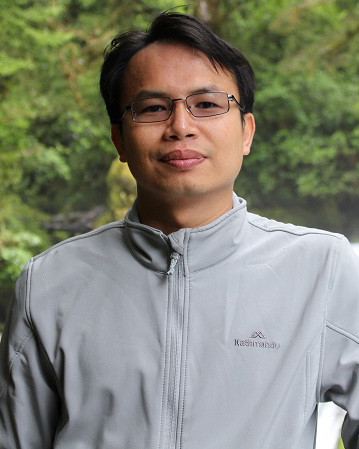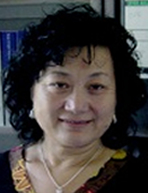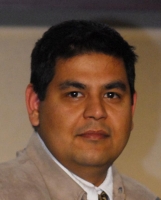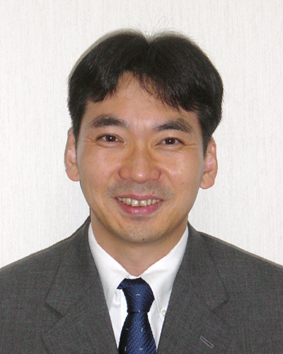Conference Vennue

Mantra Legends Hotel is situated in the heart of Surfers Paradise, the ultimate Gold Coast location.
Located just 100m from patrolled beaches, shopping, dining and nightlife which the Gold Coast is famous, Mantra Legends offers a luxurious yet affordable getaway. The property features excellent conference facilities, and boasts 357 contemporary rooms and suites most with a private balcony offering captivating views of the ocean, hinterland or sparkling lights of Surfers. Each room also offers cable TV, in-house movies and wireless internet connectivity.
Address:Cnr GC Hwy & Laycock Streets, Surfers Paradise, QLD 4217Telephone: +61 7 5588 7878Website:http://www.mantralegends.com.au
Gold Coast
Australia’s Gold Coast is a City touched by gold. A destination where a natural abundance of stunning landscapes, out of this world attractions and unique experiences provide the inspiration that powers people to achieve and the coveted opportunity to just sit back and relax.
Feel the excitement of the Gold Coast, where the sun shines on an unlimited variety of things to see and do all year round. It is a promise of big smiles and warm memories in a spectacle of golden beaches, legendary theme parks, alfresco shopping and breathtaking rainforest.
More than 300 days of sunshine each year allow you to explore more than 70 kilometres of unspoiled coastline and beaches as well as 100,000 hectares of World Heritage rainforest.
The Gold Coast is a celebrated meetings, events and incentives experience set on one of Australia’s most spectacular natural stages. Revitalise the mind in the Gold Coast hinterland, filled with lush rainforest and dotted with mountain villages, bushwalks, waterfalls and swimming holes plus valleys of working produce farms and cattle stations. Or, for an active approach hang glide, horse ride or 4WD and enjoy astounding landscapes and unmatched tranquillity.
Journey through this flourishing rural setting and see scattered bed-and-breakfast outlets, wineries, boutique distilleries and breweries, restaurants, rustic homesteads, plus local produce, arts, crafts and jewellery stores.
Australia’s Gold Coast continues to evolve as a haven for retail enthusiasts with a vast array of shopping options headlined by signature fashion boutiques, iconic department stores and local markets. Visit the tree-line boulevards of Surfers Paradise for shopping until 9pm every night and weekly beachfront markets. Or, head to Robina Town Centre - Queensland’s largest shopping centre and home to over 350 specialty stores.
Bask in the Gold Coast’s famous beach culture and meet the friendly sun bathed locals and lifeguards. The Gold Coast enjoys 30 different beaches each with their own personality, from world-famous surf breaks and cosy coastal settings in the south to swimming spots and surf-life saving action in the north.
At your fingertips is every on-water activity imaginable; jetboating, parasailing, kite surfing, diving, jet ski safaris, snorkelling, tall-ship cruising and yachting. Conquering the balancing act between wave and surf with a learn-to-surf class guided by world champions is a must-do, as are paddling and kayaking explorations. Board a catamaran and enjoy deep sea fishing, marvel during a whale-watching tour, take in a guided cruise of the waterways or simply swim among the surf at some of the best beaches in the world.
Naturally diverse landscapes are the backdrop to endless adventures that get the adrenalin pumping. Scream with excitement on the biggest and best rides inside the gates of the city’s theme parks. Whether you want to laze in a wave pool, check out a stunt show or ride on giant rollercoaster, the Gold Coast’s theme parks ensures fun for all.
Turn your PRICAI 2014 conference visit into a lifetime of memories in the ever evolving home of culinary geniuses. Enjoy the wind in your hair and the scent of the sea salt from one of many restaurants with ocean panorama views sprinkled along the coast-line. Relish in the freshest seafood and local produce from hand-made fudge to creamy cheeses and enticing wines.
For more on the Gold Coast check out www.VisitGoldCoast.com.









